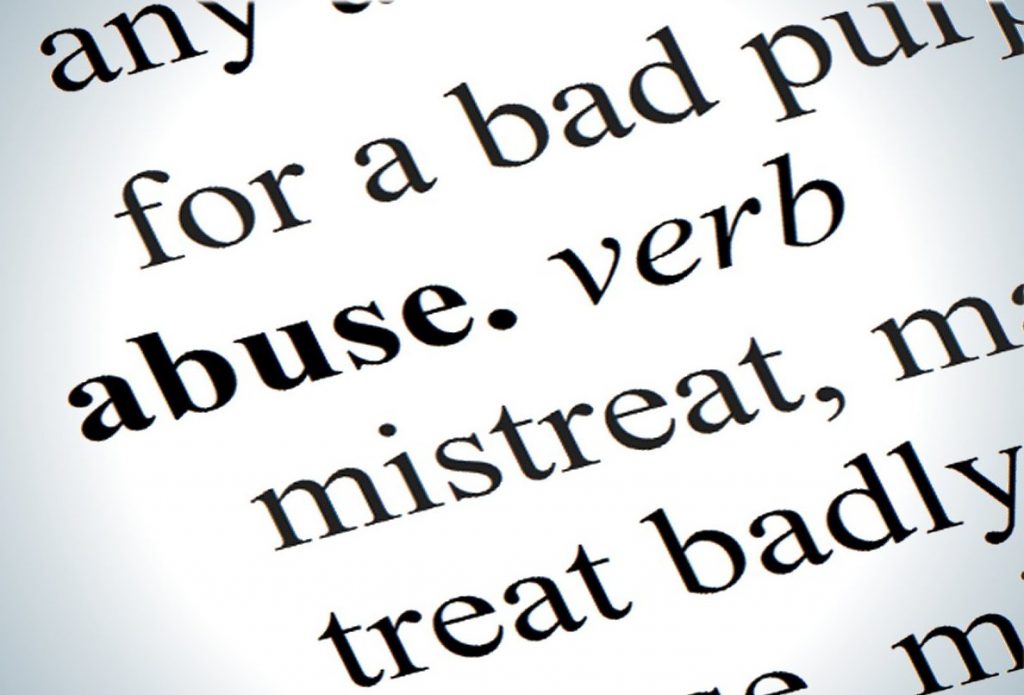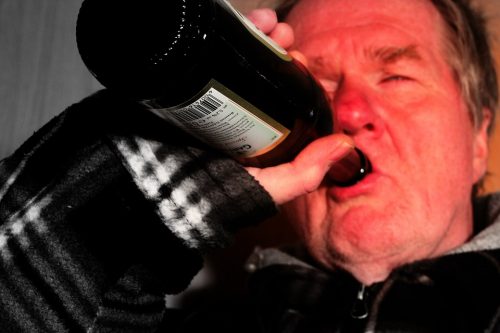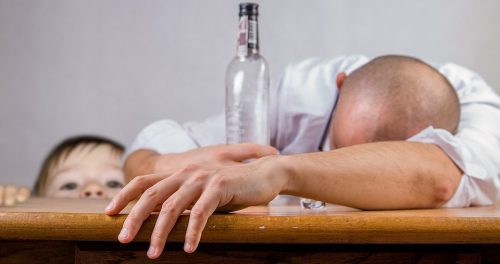
Our world is facing a severe health issue. The COVID-19 has been rapidly spreading across 185 countries, with more than 2.8 million infections and counting. As confirmed cases continue to rise, leaders around the world implemented extreme measures to help contain the disease. From strict lockdowns, travel bans, and social distancing measures— people’s lives changed abruptly.
As establishments close down, we are suddenly disengaged from society. Forcing to adapt to this new way of life in self-isolation can be challenging. These unexpected events can lead to stress, fear, and anxiety. With our daily routines disrupted, the activities that usually help us destress or relax may be temporarily inaccessible.
The pandemic and how we react to it can vary widely from one person to another. However, we must keep an eye out for ourselves, ensuring that we are managing our life in pandemic through healthy coping mechanisms.
How The Pandemic Can Impact Your Health
The pandemic has put our mental health is at risk, making us prone to stress, anxiety, fear, sadness, and loneliness. As we adapt to our new daily routines, we are at risk of adopting unhealthy coping mechanisms such as lack of physical activity, unhealthy eating habits, increased consumption of tobacco, alcohol, or drugs, and changes in sleeping patterns.

To manage these negative impacts, some people may result in unhealthy coping mechanisms. Dr. Navya Singh, PsyD, said, “Definitely, I can foresee a spike in all these different means of coping instead of engaging in positive coping mechanisms.” It is essential to watch out for these occurrences, especially for those who are recovering or have pre-existing mental and physical health conditions.
Healthy Coping Mechanisms During A Pandemic
As different quarantine measures resulted in the closure of establishments, cancellation of gatherings, and lockdowns, the usual activities that help us cope may no longer be accessible. Doing our hobbies, enjoying leisure and entertainment activities, or even seeing our friends and family may be temporarily not possible.
We must learn how to effectively manage stress, anxiety, and other adverse effects of the pandemic. As our usual coping mechanisms become unavailable, we must keep ourselves in check to avoid getting lured into unhealthy coping mechanisms. We have suggested below some healthy activities which can help you cope.
- Explore New Hobbies And Talents
Being idle at home can leave us with a lot of time on our hands to dwell on negative thoughts. Instead of resulting in unhealthy coping mechanisms, we can use this time to explore new hobbies and talents. It can help us entertain ourselves and even develop some new skills.
- Take Care Of Your Body
Feeling great on the outside can help us manage our stress and anxiety better. Directing your focus on taking care of your body is a healthy coping mechanism. You use this time to prioritize yourself by taking lots of rest and eating healthy. Taking good care of your body can also help you strengthen your immune system to fight off illnesses.

- Exercise And Stay Active
Being confined indoors could leave us with a lot of unreleased physical energy. This energy can be unloaded by exercising and staying active. Exercise is also a great stress reliever as it boosts your endorphins. It can also benefit your physical well-being as it helps improve blood flow and develop your body.
- Go Outdoors Once In A While
Depending on your location and imposed quarantine measures in your area, go outdoors once in a while. Confinement and seeing the same things every day can be detrimental to our well-being. Get some fresh air from your balcony or backyard. Even if you have no reason to go outside as establishments are closed, take a walk around your area if it is permitted.
- Connect With Others
Whether staying in touch with friends and family or connecting to new people – having someone to talk to during life in self-isolation can help you cope with the pandemic, it can also distract yourself from any negative thoughts or urges for unhealthy coping mechanisms. This activity can be both beneficial for you as well as for them, drawing strength from each other.
Despite all else, if you still need guidance and reinforcement to help you move past life’s challenges, you can always reach out to one of the professional counselors at BetterHelp. Their team is ready to work with you 24/7, anytime and anywhere with just one click. Check out their app today.
Final Thoughts
Although we temporarily live in self-isolation, coping with the pandemic does not have to be a lonely fight. Technology can help you seek comfort from friends and family, or even connect you to your community around you, forming new relationships. Seeking professional help also remains an option.
We live in a truly challenging time. It will test our resilience, but hopefully, we all come out of it better. We must remember that unhealthy coping mechanisms will not help us cope in the long run as it can be detrimental to our overall health.












